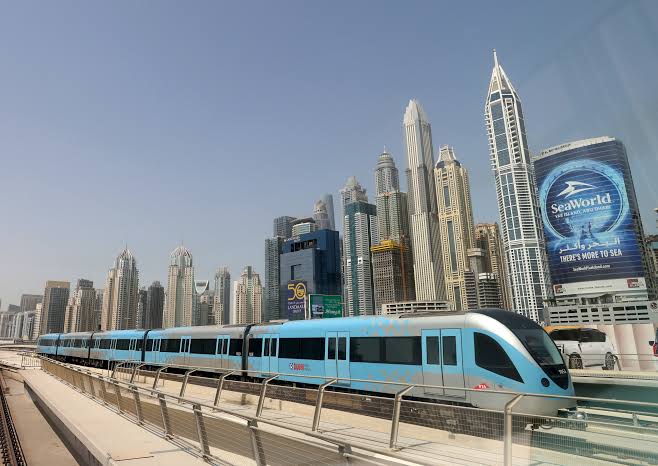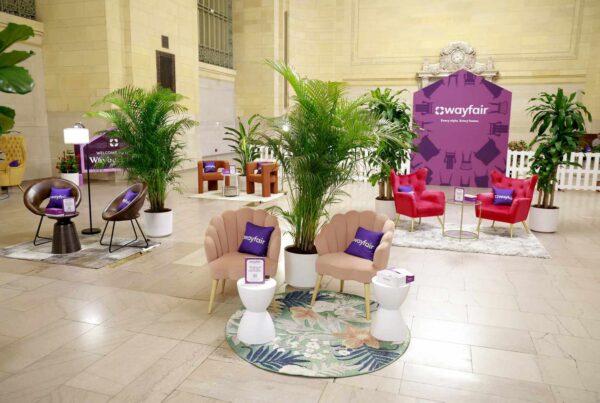The United Arab Emirates (UAE), through the Abdulla Al Ghurair Foundation in partnership with the International Finance Corporation (IFC), officially launched a large-scale training program for young refugees and war-affected groups across the Arab region. The program targets 7,000 participants in Jordan, Lebanon, Palestine, and Syria, with at least half of them women. The launch took place in Dubai on September 2, 2025, marking a new milestone in creating sustainable job opportunities amid an ongoing humanitarian crisis.
Focus on Jobs and Economic Inclusion
This program is not designed as short-term aid, but as a bridge to real employment. Its main focus is ensuring that training results in tangible jobs or entrepreneurship opportunities. The Abdulla Al Ghurair Foundation emphasized that jobs are the key to economic inclusion, setting this initiative apart from temporary relief projects.
Through IFC, the program connects participants to the 1001 Stars network, a regional initiative engaging businesses across the Middle East, Afghanistan, and Pakistan. The network aims to open employment opportunities for vulnerable groups including women, people with disabilities, and displaced communities. With corporate partners on board, trainees are not only equipped with skills but also directly linked to job openings.
Target and Implementation Areas
The program targets refugees, internally displaced youth, and local residents affected by conflict. Four countries—Jordan, Lebanon, Palestine, and Syria—were selected as they host some of the largest refugee populations in the region.
According to UNHCR, more than 5.5 million Syrian refugees remain displaced across neighboring countries. This highlights the immense scale of the challenge. Providing practical skills is seen as a pathway to help young people secure more stable futures.
Training Curriculum
The training curriculum includes Business English, financial literacy, digital skills, and entrepreneurship support. The goal is to prepare participants for the demands of the modern job market. IFC also provides advisory modules for partner companies to better recruit and retain workers from vulnerable groups.
One innovative aspect is the employer-driven approach. Training is designed to align with actual vacancies, and graduates are connected directly with companies through the 1001 Stars network.
Timeline and Targets
The program will run for two years, from September 2025 until September 2027. Organizers expect thousands of young people to graduate and access jobs within this period. Early estimates suggest that around 2,000 participants will be absorbed into the workforce by the first quarter of 2026.
Priority Sectors
The focus sectors include the digital economy, green economy, manufacturing, banking and financial services, as well as other vocational skills demanded locally. This multi-sector approach ensures a wide range of opportunities tailored to each country’s economic needs.
As the global economy shifts toward digital transformation and green development, refugee youth will be equipped with tools to compete and thrive. This aligns with the UN’s vision for sustainable development.
Official Statements
At the launch event, the CEO of the Abdulla Al Ghurair Foundation stressed the importance of youth. “We believe that providing access for refugee youth to learn and work is an investment in the future of the region,” he said.
IFC also highlighted the role of the private sector. “Corporate engagement is essential. With business partners on board, this program can generate real impact on a large scale,” an IFC representative noted.
Institutional Track Record
The Abdulla Al Ghurair Foundation has a strong track record in education. By 2025, it reported reaching more than 239,000 young people across the Arab world, surpassing its initial target of 200,000 learners. This success provides a foundation for scaling impact to refugee populations.
Challenges Ahead
Despite the positive momentum, challenges remain. Security concerns in target countries such as Syria persist. Bureaucratic hurdles and infrastructure limitations could also affect program implementation.
However, with strong public-private partnerships and international support, these challenges are expected to be mitigated.
Implikasi Global
This training program is not only about the Middle East. It reflects a broader global effort to find solutions for refugee crises. By providing access to education and jobs, the UAE and its partners send a strong message that the private sector can drive social change.
It also aligns with international efforts to reduce risks of radicalization fueled by unemployment and limited economic opportunities among displaced youth.
Conclusion
The launch of a program to train 7,000 refugees across the Arab world stands as a practical example of how cross-sector collaboration can produce sustainable solutions. By involving philanthropic organizations, international institutions, and private companies, the initiative aims to pave the way for economic independence and long-term stability.
For readers interested in broader humanitarian and economic perspectives, see related Olam News coverage on the Gaza crisis and global relief efforts as well as green economy strategies in the Middle East.
Temukan lebih banyak dari Berita Olam
Berlangganan untuk mendapatkan kiriman posting terbaru ke email Anda.









